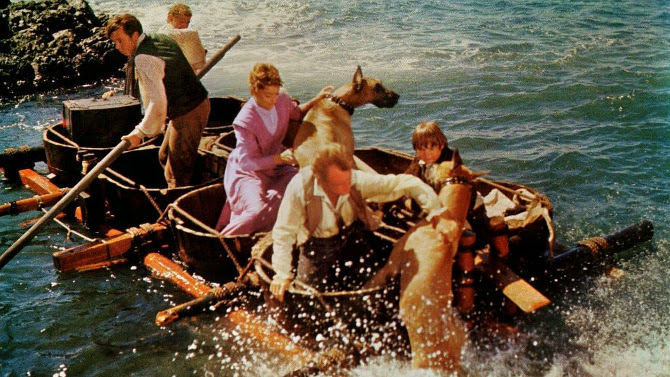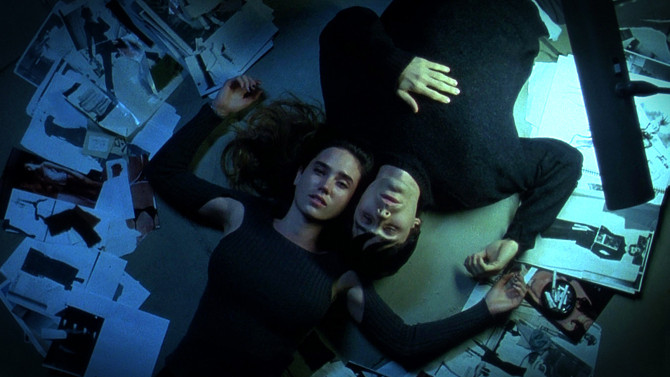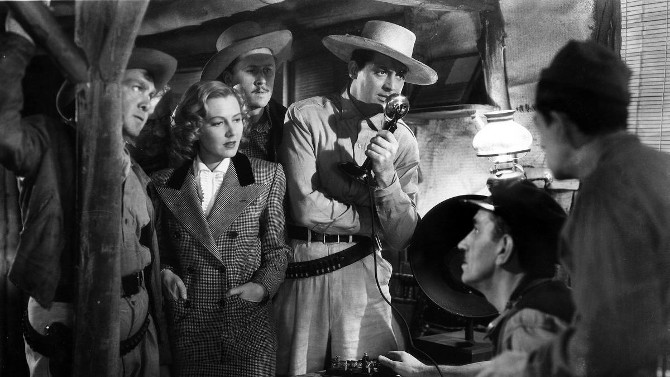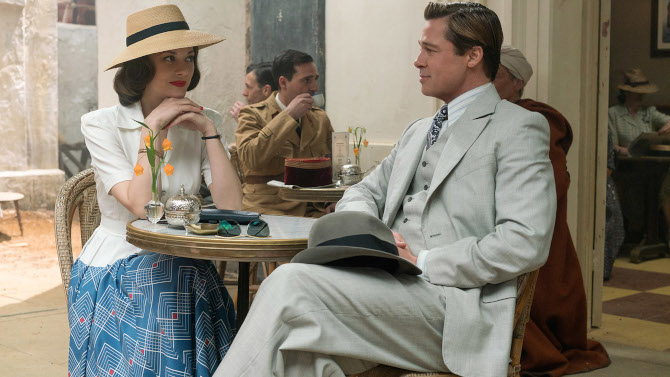
Déjà vu Dalliance
Channeling the mesmeric movies churned out by the studio system back in the 1930s and 40s, Allied (2016), directed by Robert Zemeckis, channels the likes of Morocco, Casablanca, Across the Pacific, Gilda, To Have and Have Not, and numerous others – attempting to find a spark from the classic themes of melodrama, romance, suspense and the epic nature of the annals of the cinematic past, with quite successful results. Set the year Casablanca and Across the Pacific were released – 1942, the story in fact starts in Morocco, with recently parachuted in Canadian spy Max Vatan (Brad Pitt) meeting up with another undercover agent, Marianne Beauséjour (Marion Cotillard), who will be pretending to be his wife.
-
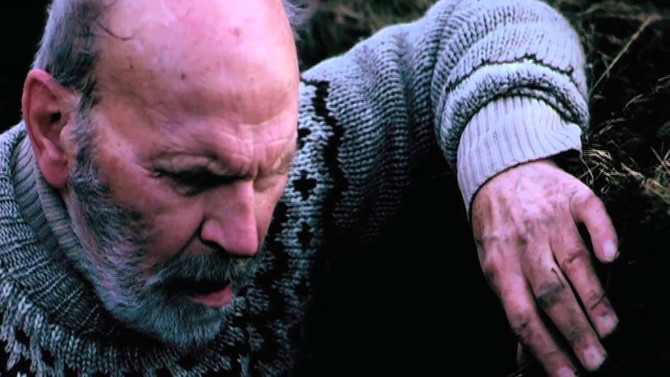
I Did It My Way
The Last FarmSeptember 7, 2018A meditative piece on aging, Rúnar Rúnarsson’s 2004 short film The Last Farm, out of Iceland, depicts a situation in which many of us will one day find ourselves in. . . old and decrepit, losing our freedom as we are forced out of our homes for a much more costly imitation of it. Hrafn (Jón Sigurbjörnsson) is an elderly man who has done it his way. Loving life on his little plot of farmland, it is stark yet beautiful, cold yet alive – a frigid ocean property surrounded by hilly mountains and dales, the meeting of land and sea picturesque in all of its challenges. . . unspoiled water and terrain for as far as the eye can see.
-
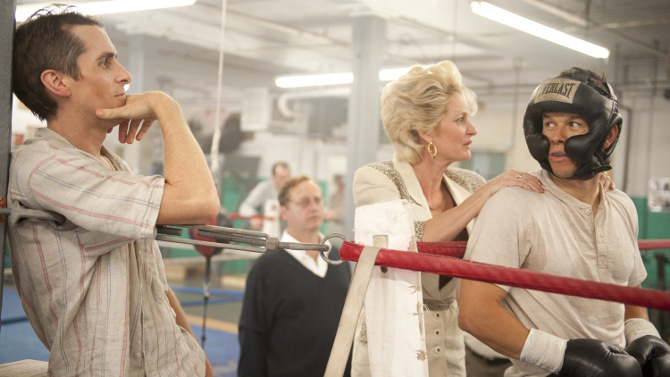
Fighting Irish
The FighterJuly 11, 2018An oft-used motif in the sports genre is the underdog story – Rocky, Rudy, Miracle (about the 1980 U.S. Olympic hockey team), and so many others feed off of the audiences love of cheering for the expected loser (as is the case with the stories these films are often based on). One such feature that follows this well trodden path yet finds some new ground to surprise is David O. Russell’s 2010 feature, The Fighter. Based on real life boxer “Irish” Micky Ward (Mark Wahlberg), the Lowell, Massachusetts native has become a stepping stone for other boxers making their way up towards a title opportunity. Managed by his domineering mother, Alice (Melissa Leo), and trained by his character of a half-brother, Dicky Eklund (Christian Bale) – a former boxer who had potential (going head to head with Sugar Ray Leonard in 1978 – actually knocking the icon down. . . the legend makes a cameo in the film), but has become a crack addict.
-
Fantasy Island
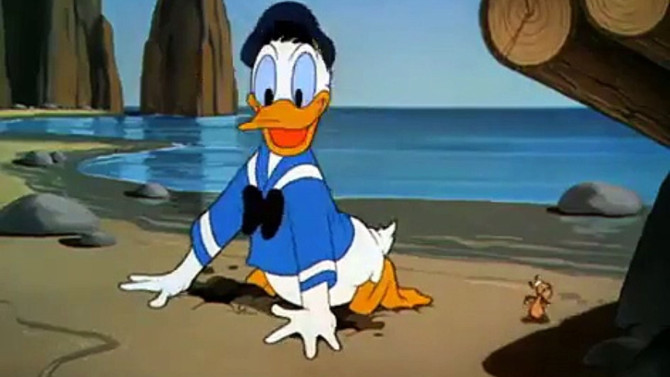 Sea SaltsSwiss Family RobinsonJuly 1, 2018
Sea SaltsSwiss Family RobinsonJuly 1, 2018Ah, the way things were. Revel in the past for a moment, won’t you. Imagine walking into a movie theatre in 1960, preferably one built in the golden age of film watching – mohair seats, architectural detailing (crown moulding, wooden panelling), a proper sized atrium. . . and, as you make your way to your place, enjoying some popcorn as the lights dim, you are not bombarded by numerous commercials that take you out of that magic place (and sadly reminding you of the business-centric reality of show business), but rather, are greeted by an animated short, 1949's Sea Salts, the perfect lead-in to your Disney feature, Swiss Family Robinson. These two films did show back to back upon Swiss Family Robinson’s initial run, so they will both be reviewed here. Sea Salts, directed by Jack Hannah, finds ‘Mac’ Bootle Beetle (Dink Trout) recalling his long, rather unusual friendship with sea captain Donald Duck (Clarence Nash) – the pair were forced to abandon ship long ago, finding themselves stranded on a tiny, uncharted isle.
-
Star Pick with Randy Havens
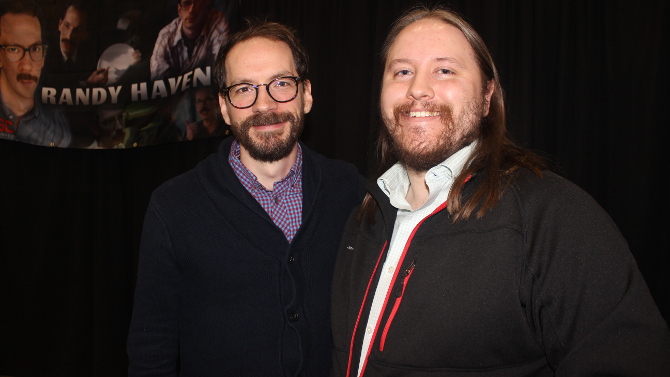 Hooked on a FeelingRequiem for a DreamJune 26, 2018
Hooked on a FeelingRequiem for a DreamJune 26, 2018It was a pleasure sitting down with Randy Havens at CAPE Cornwall a few months back. Everyone’s favourite science teacher from the ultra popular Netflix series Stranger Things (Mr. Clarke for those wanting his character’s name), the actor has carved out an intriguing persona on the show – a kind-hearted, nurturing mentor and positive influence for the exuberant youths who are constantly dealing with things that go bump in the night. Also having standout roles on the television shows Halt and Catch Fire, Sleepy Hollow, Living the Dream and in the animated series Archer, he will next be seen in a few highly anticipated motion pictures. . . namely the Joel Edgerton written, directed and starring Boy Erased, Jason Reitman’s Gary Hart Presidential campaign biopic The Front Runner, Sean Anders’ newest comedy, Instant Family, and Godzilla: King of the Monsters – the sequel to the favourably reviewed 2014 feature.
-
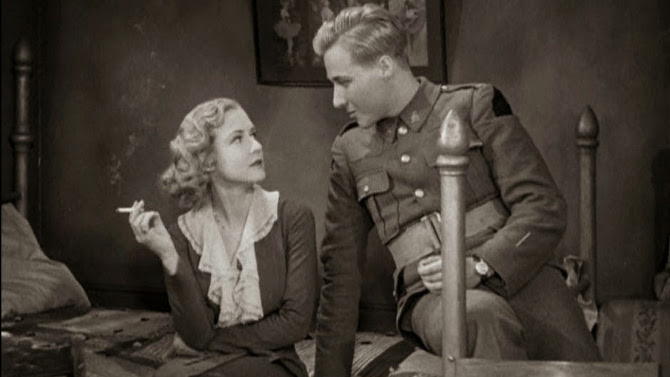
Waterloo… Couldn’t escape if I wanted to
Waterloo BridgeJune 19, 2018One of the great horror directors of the 1930s, James Whale shot Frankenstein, The Old Dark House, The Invisible Man, and The Bride of Frankenstein in just four short years, an impressive feat that also somewhat overshadows a few of his lesser known, non-spook related features – specifically, 1931's Waterloo Bridge. . . which, interestingly enough, earned Whale so much favour with the head of Universal Pictures’ production department, that Carl Laemmle, Jr. (due to a combination of his quality work and coming in under budget), gave the director the choice of anything the studio had in early planning stages – the filmmaker chose Frankenstein, a smart decision. His Waterloo Bridge is based upon Robert E. Sherwood’s 1930 Broadway play of the same name (the playwright based it upon many of his own experiences), where we are transported to London, England, circa World War I. Stuck in the metropolis is Myra (Mae Clarke), a chorus girl who has fallen on hard times.
-
Star Pick with John Carpenter
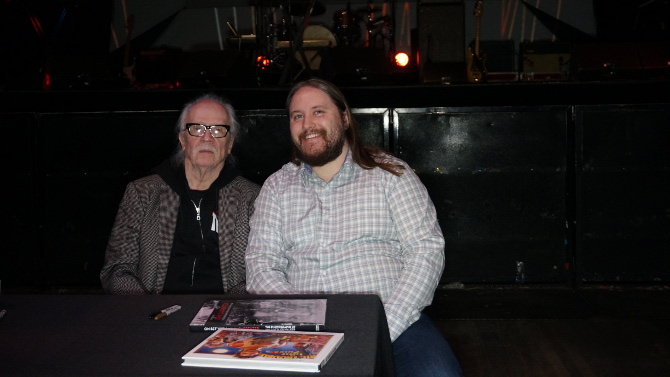 WingmanOnly Angels Have WingsMay 8, 2018
WingmanOnly Angels Have WingsMay 8, 2018What is there to say about an icon like John Carpenter? An auteur with the skill to make dynamic features with a minuscule budget, his film Halloween majorly influenced the slasher sub-genre (along with gialli, and other movies such as Peeping Tom, Psycho, The Texas Chainsaw Massacre and Black Christmas). One of the most prolific horror filmmakers since the 1970s, he followed up the October 31st related motion picture with titles like The Fog, The Thing, Christine, They Live, amongst many others, whilst he has branched out into other genres with films like Assault on Precinct 13 (action), Escape From New York and its sequel Escape From L.A. (sci-fi action), Starman (a sci-fi romance), and Big Trouble in Little China (an action adventure comedy).

